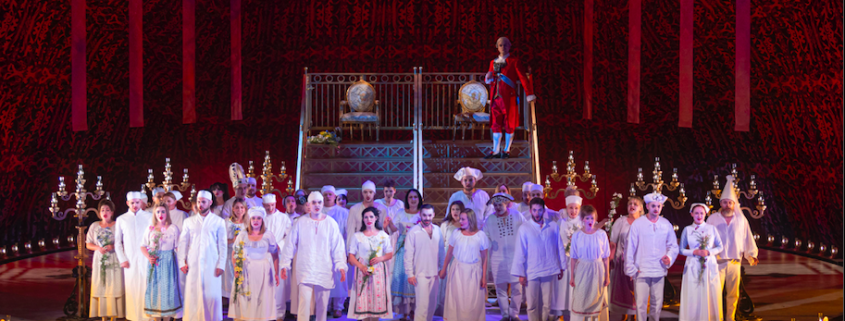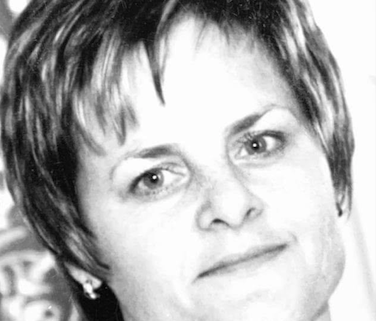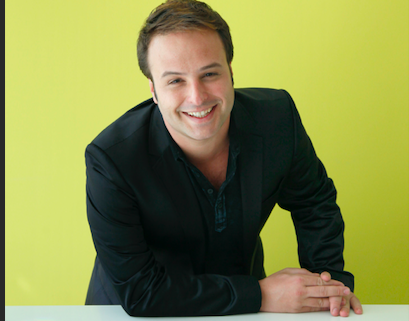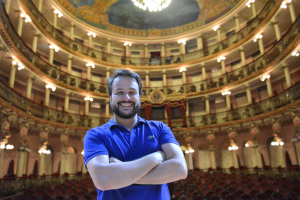Szanowni Państwo,
w dniu 27 maja w lokalnym wrocławskim dodatku do „Gazety Wyborczej” ukazał się artykuł powołujący się na wyniki kontroli w Operze Wrocławskiej, które nie pochodzą z ostatecznego raportu kontroli. W artykule znalazły się nieścisłości i aby zapobiec ich ewentualnemu rozpowszechnianiu wyjaśniamy najważniejsze z nich.
„Gazeta Wyborcza” twierdzi, że Opera Wrocławska zakończyła rok 2021 z wynikiem minus 3,8 mln zł nazywając go długiem, sugerując tym samym, że instytucja zalega z regulowaniem swoich zobowiązań. Tymczasem Opera Wrocławska nie ma długów – stan zobowiązań wymagalnych na 31 grudnia 2021 wynosił 0 zł, a wynik ujemny 3,8 mln zł wynika z faktu, iż rozliczenie części przychodów uzyskanych w 2021 roku przypadło na rok następny. Opera utrzymała i utrzymuje płynność finansową i reguluje swoje zobowiązania na bieżąco.
Ponadto w I kwartale 2022 roku został wygenerowany wynik dodatni wbrew temu, co czytamy w artykule. Zgodnie z meldunkami finansowymi wszystkie trzy miesiące pierwszego kwartału 2022 roku miały wynik dodatni, a I kwartał zakończył się w Operze Wrocławskiej z prawie 300 tysiącami zł na plusie. Tymczasem w artykule w „Gazecie Wyborczej” czytamy, że wynik za I kwartał tego roku jest ujemny.
O otwartej linii w bankowym rachunku bieżącym organizator jest powiadamiany w comiesięcznych sprawozdaniach. Dyrektor zaciąga zobowiązania w ramach ustawowych uprawnień, a taka linia jest takim samym zobowiązaniem jak każde inne, co jest naturalne w sytuacji, w której Opera Wrocławska ma zadanie samodzielnie wypracowywać 30 proc. swojego budżetu.
Jednocześnie przy tej okazji informujemy, że od grudnia 2021 roku pracownicy Opery Wrocławskiej otrzymują wyrównania i podwyżki wynagrodzeń. Dzięki staraniom dyrekcji budżet na wynagrodzenia wzrósł o 1/5 w 2022 roku.
Podniesienie budżetu na płace pracowników Opery Wrocławskiej w roku 2022 oznacza, że:
- każdy pracownik pracujący na etacie będzie otrzymywał pensję podstawową w wysokości przewyższającej płacę minimalną, tj. obecnie 3010 zł brutto, przy czym najniższe wynagrodzenie jest wyższe o 600 zł od tej kwoty
- zostały zlikwidowane kominy płacowe na tych samych stanowiskach, a niektóre stanowiska zostały na nowo wycenione
- średnia kwota regulacji wyniosła 767 zł, a pracownicy artystyczni otrzymali średnio 901 zł.
Artykuł taki jak ten w „Gazecie Wyborczej” nie tylko niszczy dobre imię Opery Wrocławskiej, ale też wywołuje nieuzasadniony strach o przyszłość pracowników i naszej instytucji. Publikacja niestety jest efektem braku umiejętności czytania sprawozdań finansowych oraz podstawowej wiedzy związanej z budżetem instytucji kultury.
Zapewniam Państwa, że sytuacja jest stabilna i nie ma zagrożenia dla dalszej działalności Opery Wrocławskiej. Po pandemii i związanymi z nią ograniczonymi możliwościami uzyskiwania przychodów, dzięki pracy nas wszystkich, nasz teatr szybko wychodzi na prostą.
Większość z nas skupia się na budowaniu dobrego imienia Opery Wrocławskiej i rozwoju artystycznym za co ogromnie Państwu dziękuję.
Halina Ołdakowska
Dyrektor Opery Wrocławskiej
Dear Sirs,
On May 27th, the local Wrocław supplement to “Gazeta Wyborcza” published an article citing the results of the audit of the Wrocław Opera House that do not come from the final audit report. The article contains inaccuracies and in order to prevent their possible distribution, we explain the most important ones.
“Gazeta Wyborcza” claims that Wrocław Opera ended the year 2021 with a result of minus 3.8 million zlotys calling it a debt, thus suggesting that the institution is not paying its obligations. In fact, Wrocław Opera has no debts – the balance of liabilities due as of 31 December 2021 amounted to PLN 0. The negative result of PLN 3.8 million results from the fact that the settlement of a part of revenues obtained in 2021 fell in the following year. The Opera has maintained and is maintaining liquidity and is paying its liabilities on a current basis.
Moreover, a positive result was generated in Q1 of 2022 contrary to what it’s stated in the article. According to the financial reports, all three months of the first quarter of 2022 had a positive result, and the first quarter ended with almost PLN 300 000 of profit. Meanwhile, the article in “Gazeta Wyborcza” says that the result for the first quarter of this year is negative.
The Organizer of the Wrocław Opera is informed about the overdraft facility opened in the bank by the opera in its monthly reports. The director incurs liabilities within the scope of his statutory powers, and such a line is the same liability as any other, which is natural in the situation where Wrocław Opera is supposed to work out 30% of its budget on its own.
At the same time, we would like to take this opportunity to inform you that starting from December 2021, employees of the Wrocław Opera are receiving compensation and salary increases. Thanks to the management’s efforts, the budget for salaries in 2022 has been increased by 1/5.
Increased salary budget for Wrocław Opera employees in 2022 means that:
– every full-time employee will receive a basic salary that exceeds the polish minimum salary, i.e. currently PLN 3010 gross, while the lowest salary is PLN 600 higher than that amount
– pay stacks on the same positions have been eliminated and some positions have been newly valued
– the average adjustment of the salary amounted to PLN 767 and artistic workers received an average of PLN 901 raise.
Such articles like one in “Gazeta Wyborcza” not only damages the good name of the Wroclaw Opera House but also creates unjustified fear for the future of the employees and our institutions. This publication is the result of a lack of skills in reading financial statements and lack of basic knowledge of the budgets in polish cultural institution.
I can assure you that the situation of the Wrocław Opera House is stable and there is no threat to the continued operation. After the pandemic and the related limited revenue opportunities, thanks to the work of all of us, our theater is quickly getting back on tracks.
The majority of us are focused on building the good name of the Wrocław Opera House and artistic development, for which I thank you all so much.
Halina Ołdakowska
Director of Wrocław Opera House





